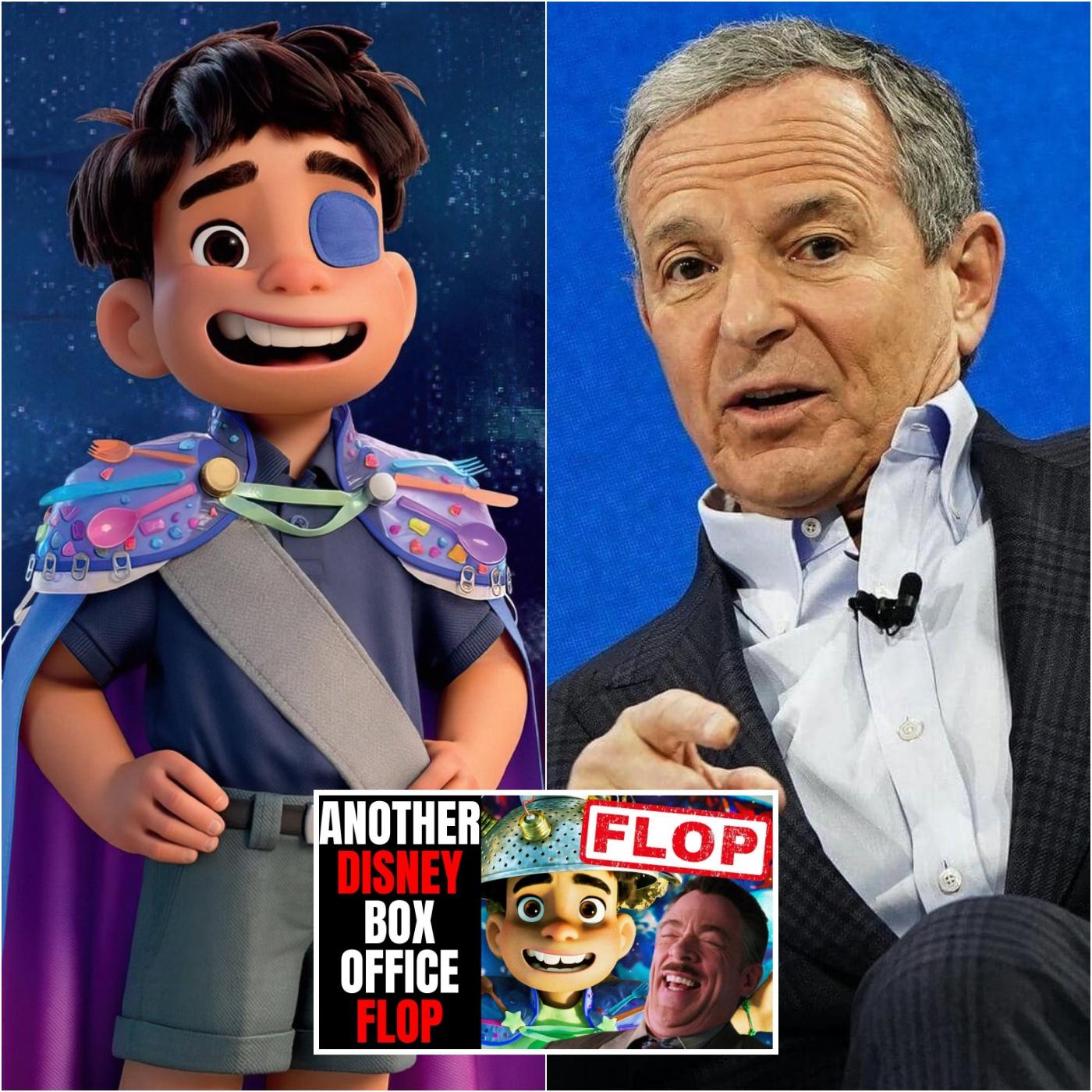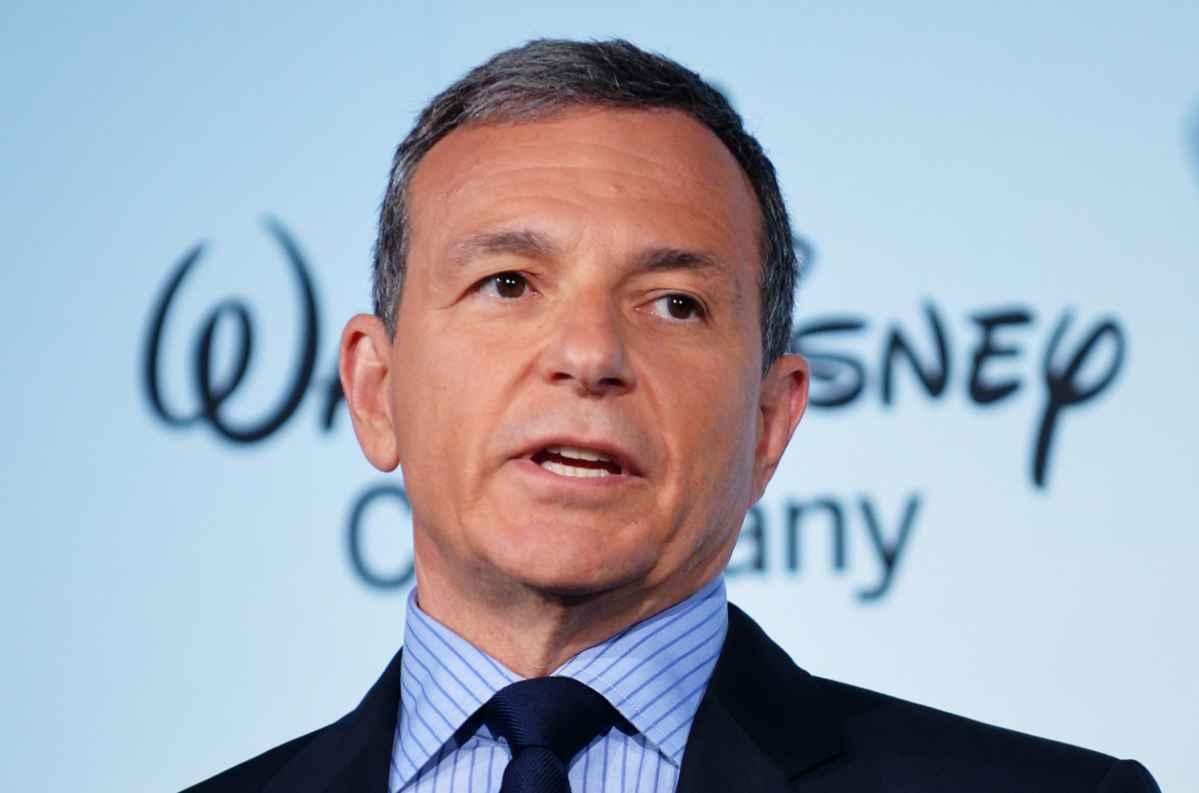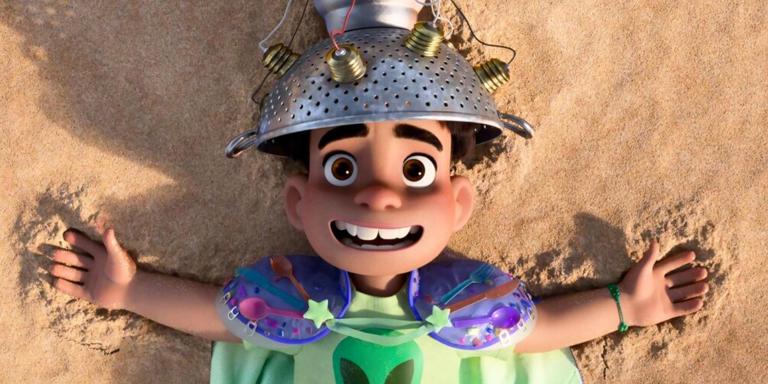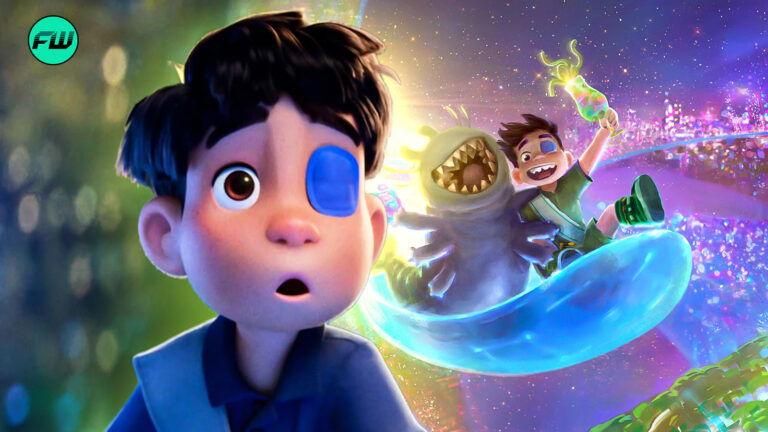Hollywood’s Box Office Blues: Disney’s Elio and Sony’s 28 Years Later Crash and Burn
The weekend of June 20, 2025, will go down as a grim chapter in Hollywood’s box office history. Two major releases, Disney Pixar’s highly anticipated animated adventure Elio and Sony’s long-awaited zombie sequel 28 Years Later, stumbled spectacularly, leaving studios scrambling and fans stunned. This double flop signals a troubling trend for original storytelling and high-budget sequels alike, raising questions about what audiences truly want in theaters today.

Disney Pixar’s Elio, a $150 million sci-fi tale about a young boy whisked away by friendly aliens, was poised to capture the hearts of families. With a star-studded voice cast and a promising 84% Rotten Tomatoes score, the film seemed like a safe bet. Yet, it crash-landed with a mere $21 million domestic opening, marking Pixar’s worst debut ever. Globally, it scraped together $35 million, a fraction of its hefty production and marketing costs. The film’s underperformance is particularly stinging for Pixar, a studio once synonymous with guaranteed hits like Toy Story and Finding Nemo. Despite positive audience reactions, including an A CinemaScore and a 91% audience score on Rotten Tomatoes, Elio failed to ignite the spark needed to compete in a crowded summer market.

Sony’s 28 Years Later, directed by Danny Boyle and scripted by Alex Garland, fared slightly better but still disappointed. The $60 million zombie thriller, a sequel to the 2002 cult classic 28 Days Later, opened to $30 million domestically and $60 million worldwide. While these numbers are respectable for an R-rated horror film, they fell short of expectations for a franchise revival shot back-to-back with its 2026 follow-up, 28 Years Later: The Bone Temple. The film’s strong Thursday previews of $5.8 million hinted at momentum, but it couldn’t overtake Universal’s live-action How to Train Your Dragon remake, which dominated with $37 million in its second weekend. For a film meant to kickstart a new trilogy, 28 Years Later’s lukewarm reception suggests audiences may be growing weary of familiar IP.

What went wrong? For Elio, the answer lies partly in timing and competition. Released just weeks after Disney’s own live-action Lilo & Stitch, which is racing toward a $1 billion global gross, Elio struggled to stand out. Pixar’s recent track record hasn’t helped either. The studio’s pandemic-era decision to send films like Luca and Turning Red straight to Disney+ conditioned families to wait for streaming releases. Even with strong reviews, Elio’s quirky premise and lackluster marketing failed to scream “must-see” in a market favoring sequels and remakes. The film’s title, too close to Pixar’s Luca, may have confused casual viewers, and its delayed launch from 2024 to 2025 dampened early buzz.

For 28 Years Later, the issue may be franchise fatigue. While Boyle’s signature gritty style and a fresh cast drew fans, the zombie genre has been oversaturated since the original redefined it over two decades ago. Competing against family-friendly blockbusters like How to Train Your Dragon didn’t do it any favors. Posts on X captured the sentiment, with some users praising the film’s ambition but others questioning its necessity in 2025’s crowded landscape. Sony’s gamble to revive the series may still pay off with future installments, but the opening weekend suggests a tougher road ahead than anticipated.
This dual disappointment reflects Hollywood’s broader struggle to balance originality with commercial appeal. Pixar’s commitment to original stories is admirable, but Elio’s flop underscores the risks of betting big on unproven concepts. Meanwhile, 28 Years Later’s modest performance shows that even beloved franchises aren’t immune to audience skepticism. As studios navigate a post-pandemic market, where sequels like Inside Out 2 soar and originals often stumble, the path forward remains uncertain.
Disney and Sony are banking on long-term gains. Pixar hopes Elio will find its audience over the summer, especially with no major animated competition until August. Sony, already fast-tracking 29 Years Later for 2027, sees 28 Years Later as a foundation for future success. Whether these films can rebound or become cautionary tales remains to be seen. For now, Hollywood’s latest box office busts serve as a stark reminder: even the biggest names can fall when the stars don’t align.




